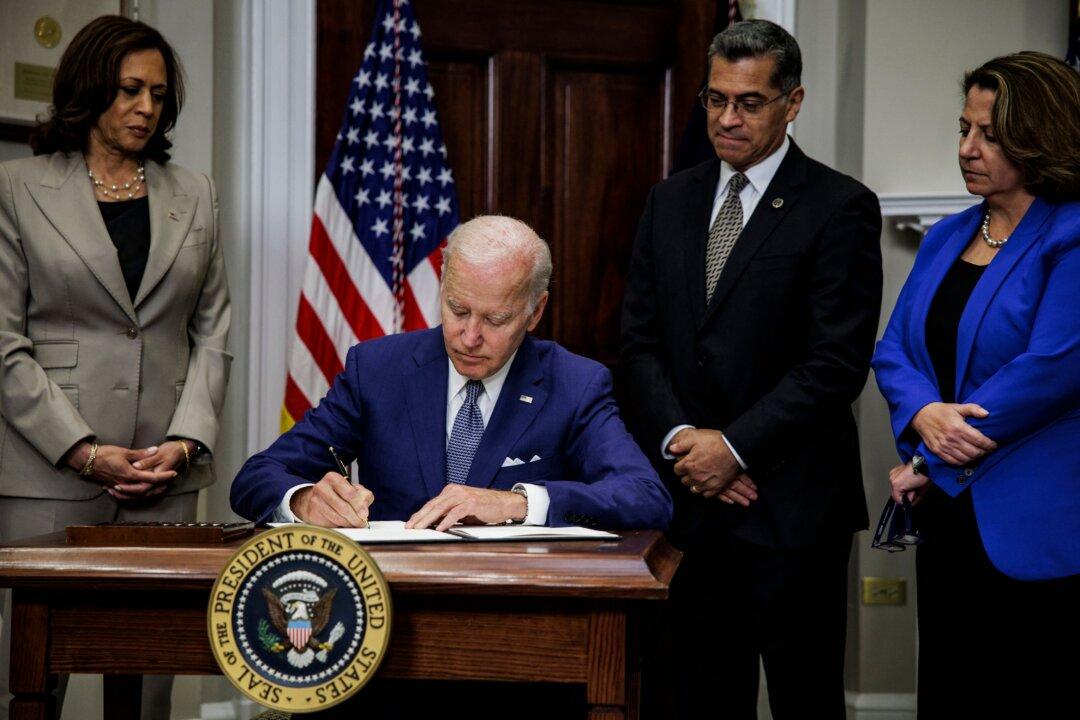Federal agencies are lagging behind in implementing President Joe Biden’s executive order (EO) aimed at boosting voter access, a report has found, as worries remain about politicizing federal agencies.
On March 7, 2021, President Joe Biden signed executive order 14019 that sought to “leverage the resources of the federal government to increase access to voter registration services and information about voting,” according to a White House statement. At the time, the move came under criticism due to provisions for boosting voter access to criminals as well as concerns regarding the politicization of the federal workforce. On March 3, 2023, a coalition of organizations issued a report (pdf) titled “Strengthening Democracy” which assessed how 10 federal agencies have responded to the order so far.





